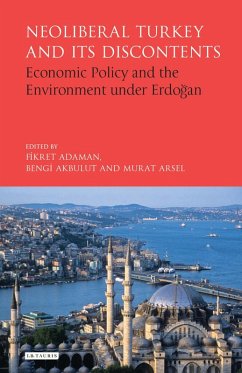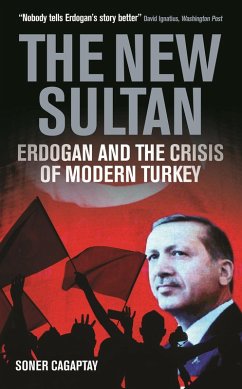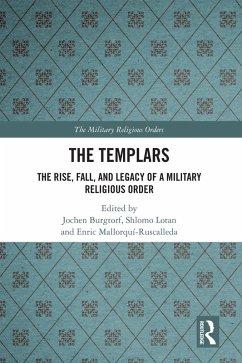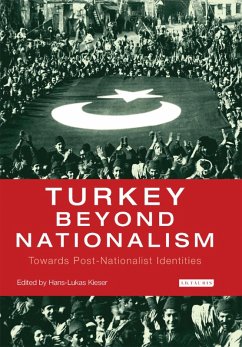
Secularism and State Religion in Modern Turkey (eBook, ePUB)
Law, Policy-Making and the Diyanet

PAYBACK Punkte
37 °P sammeln!
The Diyanet is the 'Presidency of Religious Affairs', the official face of Islam and highest religious authority in Turkey, and is a governmental department established in 1924 after the break-up of the Ottoman Empire. In this book, Emir Kaya offers an in-depth multidisciplinary analysis of this vital institution. Focusing on the role of the Diyanet in society, Kaya explores the balance the institution has to strike between the Islamic traditions of the Turkish population and the officially secular creed of the Turkish state. By examining the various laws that either bolstered or hindered the ...
The Diyanet is the 'Presidency of Religious Affairs', the official face of Islam and highest religious authority in Turkey, and is a governmental department established in 1924 after the break-up of the Ottoman Empire. In this book, Emir Kaya offers an in-depth multidisciplinary analysis of this vital institution. Focusing on the role of the Diyanet in society, Kaya explores the balance the institution has to strike between the Islamic traditions of the Turkish population and the officially secular creed of the Turkish state. By examining the various laws that either bolstered or hindered the Diyanet's budgets and activities, Kaya highlights the institutional mindsets of the Diyanet membership as well as evaluating its successes and failures as a governmental department that has to consistently operate within the context of the religiosity of Turkish society. By situating all of this within the context of the two competing - but often complimentary - concepts of religion and secularism, Kaya offers a book that is important for those researching the role of religion and the state in society in the Middle East and beyond.













